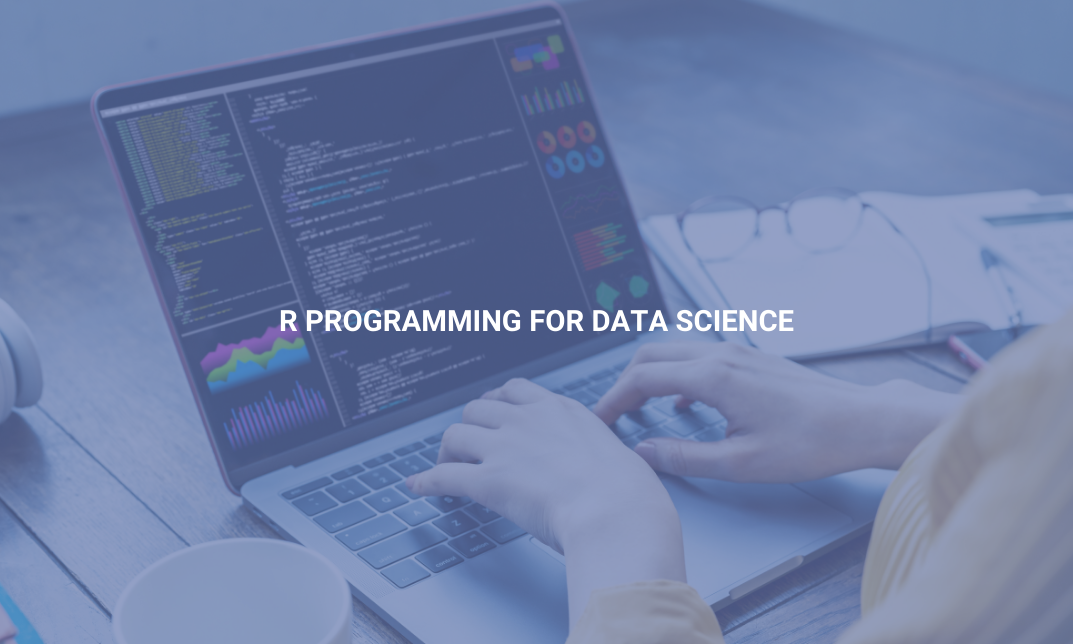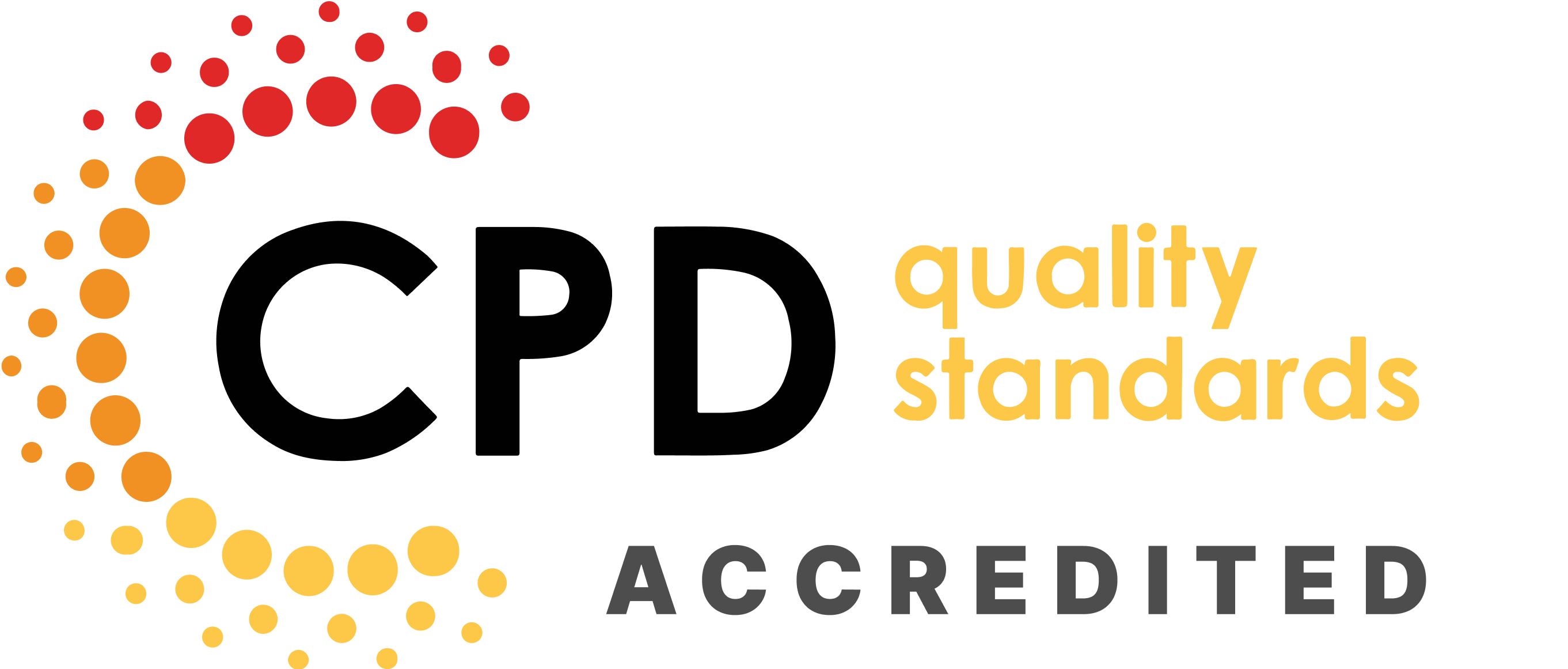R Programming for Data Science Overview
The R Programming for Data Science course provides a comprehensive introduction to the R programming language, focusing on its applications in data science. This course covers fundamental programming concepts, data manipulation techniques, and advanced topics essential for data analysis. Participants will learn how to use R and RStudio, manipulate data structures, perform data cleaning, and create visualisations. By the end of this course, students will be equipped with the skills necessary to tackle real-world data science challenges using R.
Learning Outcomes
- Understand the basic concepts of data science and the role of R in data analysis.
- Navigate and utilise R and RStudio for data science tasks.
- Master basic R syntax and data types, including vectors, matrices, factors, and data frames.
- Apply relational and logical operators for data manipulation.
- Implement conditional statements and loops to control the flow of programmes.
- Create and use functions to streamline repetitive tasks.
- Explore and utilise R packages to extend R’s functionality.
- Employ the Apply family of functions (lapply, sapply, vapply) for efficient data processing.
- Use regular expressions for pattern matching and text manipulation.
- Perform data cleaning, manipulation with dplyr, and data visualisation in R.
Who Is This Course For
This course is designed for individuals who are interested in pursuing a career in data science or enhancing their data analysis skills. It is ideal for beginners with no prior experience in R programming, as well as professionals seeking to expand their expertise in data manipulation and visualisation using R. Whether you are a student, an aspiring data scientist, or a professional looking to leverage data science in your field, this course will provide you with the necessary tools and knowledge to succeed.
Eligibility Requirements
Participants should understand basic programming concepts and be familiar with data analysis. While you don’t need prior experience in R, having a foundational knowledge of mathematics and statistics will be beneficial. Bring your passion for learning and interest in data science to make the most out of this course.
Entry Requirements
- Age Requirement: Applicants must be aged 16 or above, allowing both young learners and adults to engage in this educational pursuit.
- Academic Background: There are no specific educational prerequisites, opening the door to individuals from diverse academic histories.
- Language Proficiency: A good command of the English language is essential for comprehension and engagement with the course materials.
- Numeracy Skills: Basic numeracy skills are required to effectively understand and work with course-related information.
Why Choose Us
- Affordable, engaging & high-quality e-learning study materials;
- Tutorial videos/materials from the industry-leading experts;
- Study in a user-friendly, advanced online learning platform;
- Efficient exam systems for the assessment and instant result;
- The UK & internationally recognised accredited
- Access to course content on mobile, tablet or desktop from anywhere, anytime;
- The benefit of career advancement opportunities;
- 24/7 student support via email.
Career Path
Completing this course opens up various career opportunities in the field of data science and analytics. With the skills acquired, you can pursue roles such as data analyst, data scientist, business analyst, and more. Additionally, the knowledge gained from this course will enable you to contribute to data-driven decision-making processes within organisations, making you a valuable asset in today’s data-centric world. The foundational skills in R programming and data manipulation will also pave the way for advanced studies and specialisations in data science.
















 Add to Cart
Add to Cart
